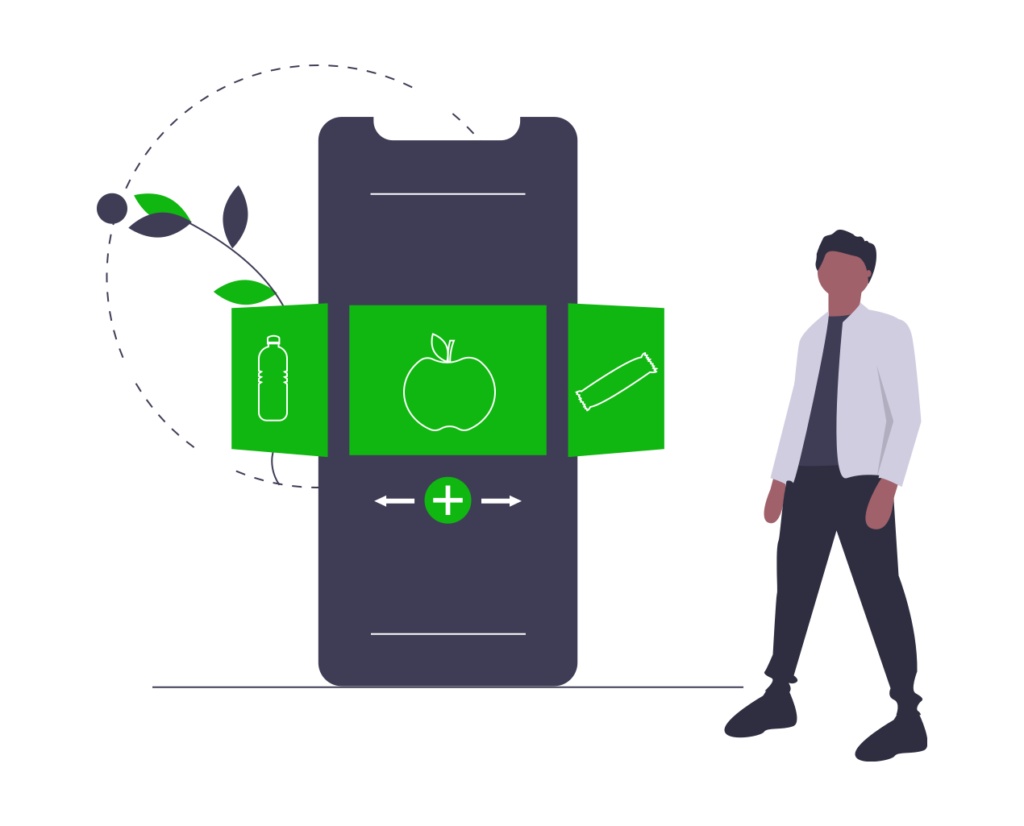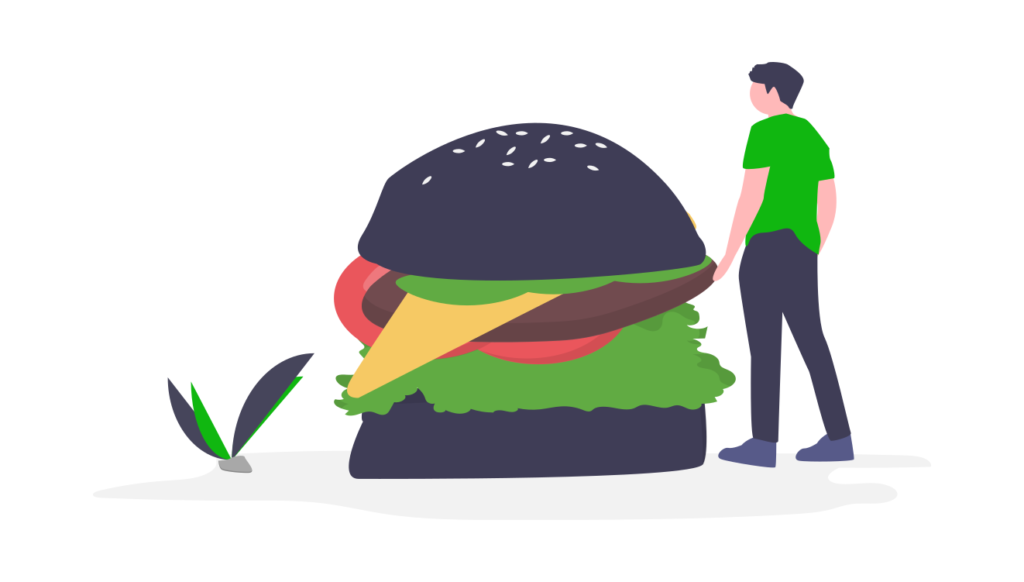The term vegan or veganism isn’t unheard of. It’s becoming an exceedingly popular lifestyle choice. It’s predicted that by the end of 2021, following the current rate of conversion from a regular diet to a plant-based diet, the UK will go from 3% (1.5 million) vegans in 2020 to 6.9% (3.5 million) vegans in 2021. With the predicted rate of growth (132%), let’s take a look at why people might be adopting their diets and lifestyle to a vegan friendly one.
There’s lots of factors that can explain the rapid growth for veganism: the vast amount of media attention from Netflix documentaries such as Seaspiricy, Cowspiricy and What the Health, it’s also becoming more and more popular on various social media platforms such as Tiktok and Instagram with educational information and tasty plant-based recipes to try!
Theres many reasons someone might want to switch to a more vegan way of life such as their morals, personal habits, the environment and animals or even to benefit their own health.
But how would having a vegan diet affect your health and your habits? Let’s find out:

Your Health: Is it better for you?
Veganism can often be seen as a healthy lifestyle choice that offers a lot of health benefits. It’s a popular reason as to why people seek a more plant-based lifestyle.
Assuming that a vegan takes a healthy approach to their diet outlined by the NHS, It can decrease cholesterol, blood pressure, heart disease risk and help promote weight loss.
According to the World Health Organisation, red and processed meats (beef, veal, pork) are known factors to cause cancer. By consuming a higher intake of plant-based foods and eliminating saturated fats from animal products, vegans are less susceptible to heart disease as cholesterol is lowered. With less trans-fats and more fiber in their diets, vegans can also expect to combat obesity easier.
The most common misconception of a plant-based diet is that, ‘vegans don’t get enough protein’ – this isn’t exactly true. Plant foods are extremely versatile with many protein sources such as tofu, beans, pulses, nuts and seeds that are readily available for vegans.
Perhaps the largest negative to a plant-based diet is a lack of vitamins and nutrients such as calcium, iron, zinc and vitamins like B12 which can alter your energy levels. Most nutrients can easily be managed with mindful food intake or substitutes like plant milk. However, B12 is commonly found within animal products and is probably the biggest downfall to the vegan diet. Therefore, It often needs to be supplemented as a tablet daily or an injection.
A vegan diet can be most effective when treated right. Just like a normal diet, a vegan diet can be as healthy or as unhealthy as you make it. Being vegan doesn’t always guarantee a healthier outcome. Just like a regular diet, junk food still exists and so does processed foods, which don’t prioritise your health.

Your habits: Time and Money
Is it expensive?
As meat eaters, when we do our weekly food shop, it can often be that the meat and cheese we buy is quite expensive. By going vegan it can be argued that you can save up to 40% less on food compared to the ‘normal’ omnivore diet. Which means you can put that money straight into savings or even treat yourself elsewhere!
While you can save some pennies simply by not buying meat and dairy products, you may be interested in buying some meat-like or dairy substitutes such as Quorn, Violife, Beyond Meat, Linda McCartney and many more. Unfortunately, sometimes they can come with a bit of a price tag.
Nerdwallet made a comparison chart between meat brands in the UK and its vegan alternative (plant-based brands) and found that if you are a meat eater that often buys the cheapest options, then you may feel your spending is steeper. However, they also found that most vegan brands are actually cheaper than some of the pricier meat offerings.

Is it time consuming?
As a society we’ve relied on meat and dairy being the main focus of our diet so it has been integrated into most of our everyday go-to meals and snacks – burgers, pizza, curry, fajitas, you name it.
Becoming vegan at first will test your adaptability and will challenge you to think outside of the box for meal idea and/or recipes.
Like we mentioned before, we can get a wide selection of animal product substitutes in the UK so by simply adding them as an alternative into a meal, shouldn’t be any more time consuming than your usual diet.
However, often these meat and dairy substitute foods are processed and modified so if you’re wanting to be more of a health-conscious plant-based vegan then be sure to designate more time than usual for your imagination and meal prep.
Getting the right nutrition is essential when turning to a vegan diet so food preparation is really important. Some tips to get around this would be to, bulk prep your meals for the week, buy a food processor and get some useful chopping tools to speed up the process.

What’s The Verdict?
It may be easier to define veganism further by splitting veganism and plant-based into separate categories. While, they sound the same and often are referred to as the same or similar, veganism focuses more so around ethical choices such as animal welfare and the environment. A plant-based diet can be assumed to primarily be focused on personal health.
This isn’t to say you can’t be a vegan for health reasons or that you can’t be plant-based and care for animal welfare and environment but it should be noted that your health, spending and time availability could very well depend on which definition fits your lifestyle better: veganism or plant-based.
Going vegan and plant-based can be as healthy, expensive and time consuming as you make it.
If you need help sticking to dieting habits, see what Ceed can do for you! Our service is designed to help you stick to your targets, form habits and focus on improving your daily life!
No Comments yet!